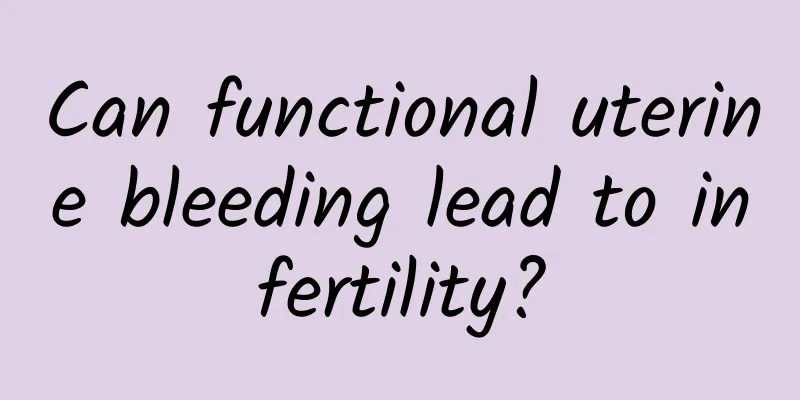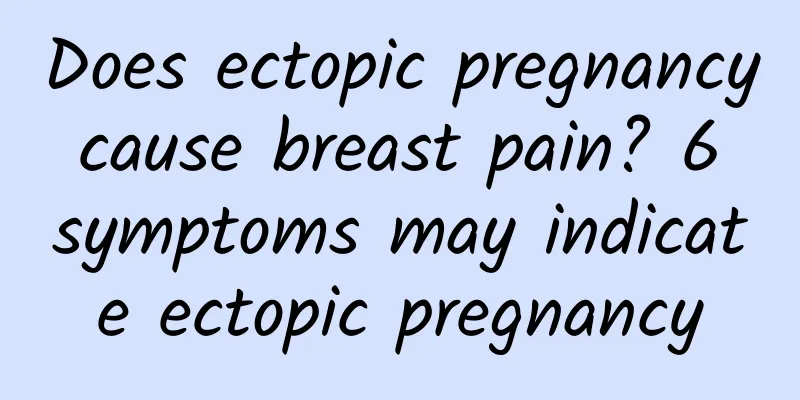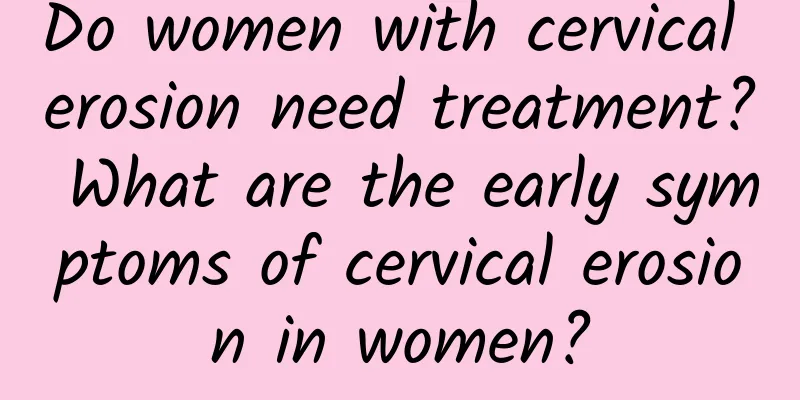What are the symptoms of ectopic pregnancy?

|
Ectopic pregnancy is clinically called ectopic pregnancy. Ectopic pregnancy refers to the implantation of the fertilized egg outside the uterus, most commonly in the fallopian tube. The specific cause of ectopic pregnancy may vary from person to person, such as reproductive system infection, hormone imbalance, etc., and sometimes the clear cause may not be determined. The main symptoms of ectopic pregnancy are usually amenorrhea, abdominal pain, abnormal abdominal touch, irregular vaginal bleeding, and digestive system symptoms. The details are as follows: 1. Amenorrhea: Before the early stage of tubal pregnancy abortion or rupture, the symptoms and signs are not obvious. In addition to short-term amenorrhea and pregnancy symptoms, sometimes there is bloating and pain in one side of the lower abdomen. During the examination, the fallopian tube is normal or swollen. 2. Abdominal pain: In the early stage, it often manifests as lower abdominal pain or severe pain, which may be accompanied by nausea and vomiting. When miscarriage or rupture occurs, the pain is obvious, manifested as tearing pain, accompanied by nausea and vomiting, and in severe cases, syncope and shock may occur. 3. Abnormalities palpated in the abdomen: In cases where the ectopic pregnancy develops larger, the doctor may be able to palpate an abnormal mass or tenderness in the abdomen. 4. Irregular vaginal bleeding: Generally, ectopic pregnancy will cause irregular vaginal bleeding. Compared with menstruation, the amount of bleeding is less, the blood is dark red, and it is in the form of drops. A few patients do not have this symptom. If ectopic pregnancy causes heavy bleeding, it may also cause symptoms such as shock, pale complexion, and decreased blood pressure. 5. Digestive system symptoms: Ectopic pregnancy may also be accompanied by digestive system symptoms such as nausea, vomiting, frequent urination, constipation or diarrhea. Ectopic pregnancy can be excluded by measuring the patient's blood HCG level, B-ultrasound examination, vaginal posterior fornix puncture, laparoscopy and endometrial pathology examination. The treatments for ectopic pregnancy mainly include drug therapy and surgical treatment. Drug therapy is mainly suitable for early ectopic pregnancy, and surgical treatment is suitable for women who want to have children, especially those whose contralateral fallopian tube has been removed or has obvious lesions. |
<<: Is it better to let menopause take its natural course or take medicine to regulate it?
>>: How to save bleeding after abortion
Recommend
What symptoms will appear after pregnancy with uterine fibroids? What are the complications of uterine fibroids?
Women with uterine fibroids are physically fragil...
What are the causes of irregular menstruation?
What is the reason for irregular menstruation? Ir...
Is pelvic peritonitis contagious?
If women experience lower abdominal pain and feve...
Can female cervical erosion be cured by medicine? Is simple drug treatment effective for female cervical erosion?
In life, whether married or unmarried women, the ...
Will cervicitis delay menstruation? How can women prevent cervicitis?
Cervicitis is one of the common gynecological inf...
What are the dangers of congenital absence of vagina?
I believe that everyone is not particularly famil...
Do I need to check for cervical hypertrophy?
An enlarged cervix is usually recommended for e...
What are the causes and symptoms of multiple uterine fibroids?
Multiple uterine fibroids are a common disease am...
Feeling drowsy, is it because you ate the wrong protein for breakfast? Nutritionist Zhao Hanying reveals: 3 bad behaviors when taking protein
Protein is one of the important elements that mak...
I had sex 2 days after the miscarriage.
Having sex 2 days after a miscarriage is not reco...
What are the symptoms of endometriosis and how to treat it
When it comes to gynecological diseases, female f...
Revealing the secrets: the causes of recurrent moderate cervical erosion
Many people may have heard of moderate cervical e...
How to supplement protein correctly? Experts: 7 tips to lose weight if you eat right, but gain weight again if you eat wrong
No matter how hard you train your muscles, if you...
Patients with chronic pelvic inflammatory disease should receive symptomatic dietary therapy
Traditional Chinese medicine can classify chronic...
Causes of premature ovarian failure
Causes of premature ovarian failure: Premature ov...









